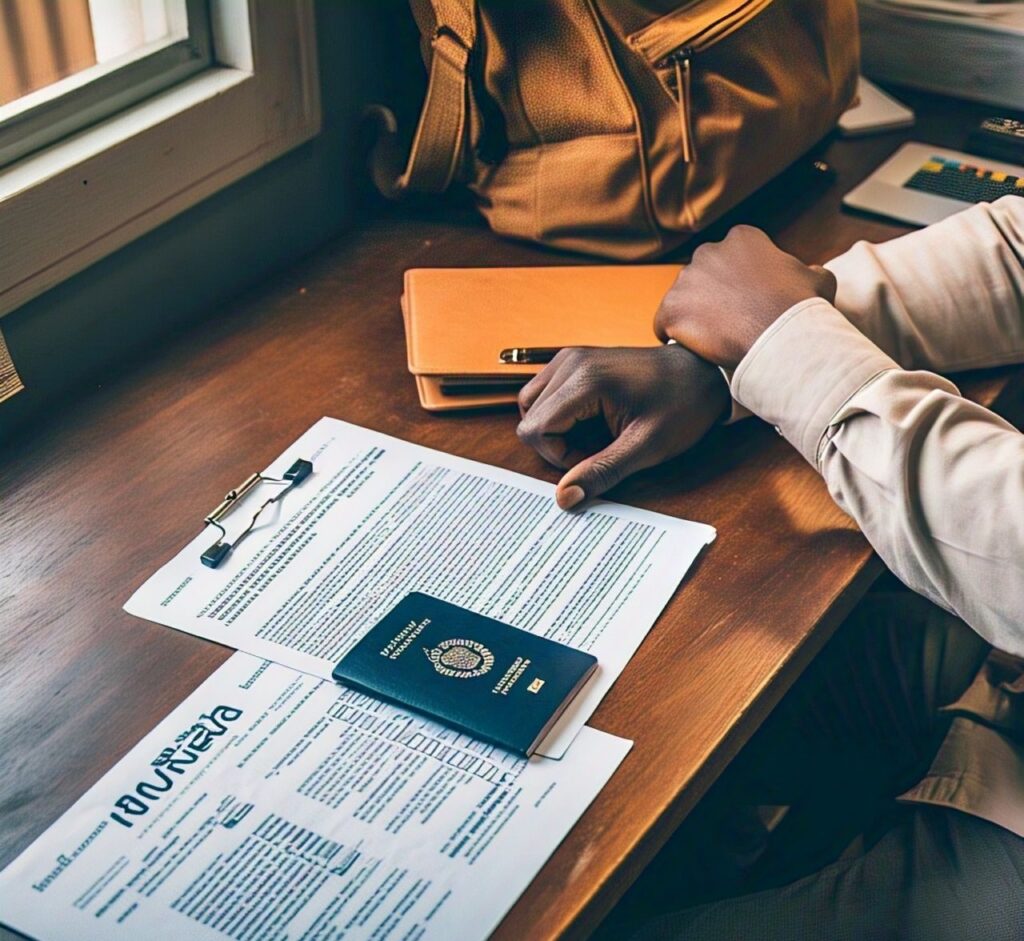
So, you’ve decided to japa? Whether you’re heading to the UK, Canada, the US, Australia, or any other destination, preparation is key. But beyond saving money and making plans, there’s one major thing many overlook: documentation.
To make your transition smooth and legal, there are certain key documents every Nigerian must have before boarding that flight. Without them, your dreams of relocating can turn into a stressful nightmare.
Here’s your ultimate checklist of essential documents to gather before migrating from Nigeria.
1. International Passport
Your Nigerian International Passport is your primary identification and travel document. It must be valid for at least 6 months beyond your intended stay in the destination country. Double-check expiry dates before applying for a visa or buying your ticket.
Tip: If your passport has less than 6 months of validity, renew it quickly at the nearest immigration office.
2. Visa
Your visa is your legal entry and stay permit. Whether it’s a student visa, work visa, tourist visa, or permanent residency, make sure your visa aligns with your travel purpose.
Tip: Research visa requirements early. Every country has unique rules and timelines.
3. Admission or Job Offer Letter
If you’re relocating for education, a letter of admission from a recognized institution is required. If it’s for work, you’ll need a job offer letter from a company in your destination country, often accompanied by a Certificate of Sponsorship.
Tip: Ensure the letter includes your full name, role, salary, and employer details. It will be needed for your visa application.
4. Proof of Funds
Most immigration processes require proof that you can support yourself financially abroad. This may include:
- Bank statements
- Sponsorship letters
- Scholarship award letters
- Payslips
Note: The required amount varies by country, visa type, and whether you have dependents.
5. Educational Certificates and Transcripts
If you’re relocating for school or skilled work, ensure you have your WAEC result, degree certificates, NYSC discharge or exemption certificate, and academic transcripts.
Tip: Some institutions require transcripts to be sent directly from your school. Plan ahead.
6. Police Clearance Certificate
Countries like Canada, Australia, and New Zealand require a Police Character Certificate to confirm you have no criminal record.
Tip: Apply at the Nigeria Police Force Criminal Investigation Department (CID) in Alagbon, Lagos or other designated centers.
7. Medical Records and Vaccination Certificates
Health checks may be a part of the visa process. Required documents may include:
- Medical test results
- COVID-19 vaccination certificate
- Yellow fever card
- Tuberculosis (TB) test results
Tip: Use clinics recognized by the immigration authority of your destination.
8. Birth Certificate or Age Declaration
For identification and visa purposes, especially when traveling with children or applying for school, a birth certificate is essential. An affidavit of age declaration may be accepted if unavailable.
9. Marriage Certificate (If Applicable)
If traveling with a spouse or applying for a dependent visa, you’ll need a marriage certificate, preferably from the Nigerian Marriage Registry.
10. Passport Photographs (Digital and Hard Copy)
Embassies have specific requirements for passport photos. Ensure you have digital and physical copies that meet the required specifications.
Bonus: Curriculum Vitae and Reference Letters
For skilled worker applications, especially to countries like the UK or Canada, you’ll need:
- A well-written CV
- Reference letters from past employers or lecturers
Tip: Format your CV based on your destination country’s standards.
Conclusion
Migrating abroad is more than a dream. The right documents can make or break your plans. Start early, stay organized, and keep copies of all important papers.
If you’re serious about relocating in 2025, don’t leave anything to chance. Get your documents ready, do your research, and take that bold step with confidence.

